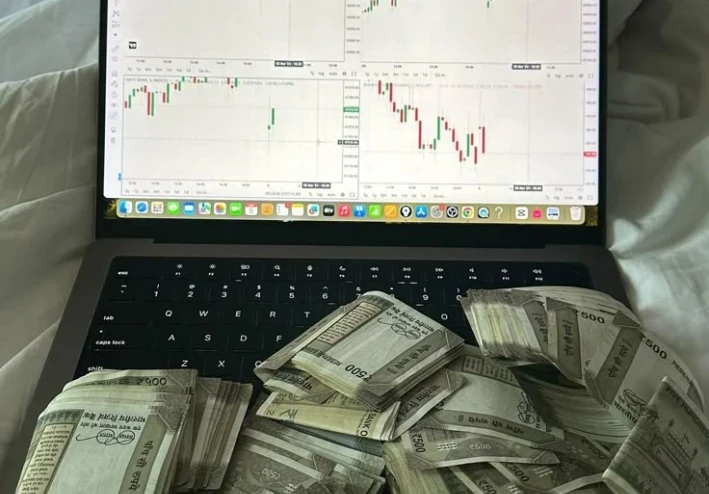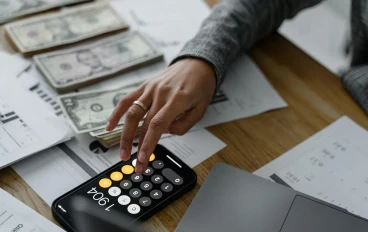
Is trading real or a scam?
The Rise of Fast Trading
In recent years, online trading has become increasingly popular, attracting many people seeking additional income or financial freedom. With the proliferation of enticing advertisements and stories of quick profits, the question has begun to arise: *Is trading real or just a scam?*
---
What is trading?
Trading is the process of buying and selling financial assets such as currencies, stocks, and commodities for profit. This is done through electronic platforms, and financial markets such as Forex (the currency market) and the stock market are among the most popular trading areas. A trader's success depends on analysis, discipline, and good risk management.
---
When is trading real?
Trading is completely real when it is conducted through licensed brokerage firms and is subject to clear regulations. Thousands of people around the world are making real profits from trading, but it is *not a quick path to riches*. Success requires learning and experience, and it is not without losses.
---
When does trading become a scam?
Trading becomes a scam when it's promoted as an easy and quick way to make money effortlessly. This is where fake companies or individuals appear who sell fake courses or "guaranteed" signals, exploiting the inexperience of some. Furthermore, some unlicensed platforms steal clients' money or refuse to withdraw profits.
---
How to Protect Yourself?
To protect yourself from fraud in the trading world, you must: - Ensure that the brokerage firm is licensed and regulated by a reliable authority.
- Avoid exaggerated promises of quick profits.
- Use a demo account first to test the market.
- Learn from reliable sources and avoid relying on strangers.
---
The Psychology of Trading
A large part of a trader's success or failure depends not only on analysis or tools, but also on *controlling emotions*. Fear, greed, and impulsiveness can push a trader to make bad decisions. For example, after a large loss, a trader may try to quickly recover, leading to even greater losses. Therefore, psychological discipline and calmness during decision-making are essential factors in successful trading.
---
Real Traders' Experiences
Many traders share their real-life experiences online. Some started with small capital and learned from mistakes until they achieved financial stability, while others lost large sums due to haste or overconfidence. The common thread between them is that real trading is full of fluctuations and should be treated as a professional endeavor, not a random adventure.
---
The Future of Trading
With the advancement of technology, trading has become easier and more widespread, especially with the introduction of *artificial intelligence* and automated trading. Interest in cryptocurrencies has also added a new dimension to the market. However, the basic rules remain the same: success requires learning, patience, and real skills.
---
Conclusion
Trading is *not* a scam, but it's not a game of chance either. It's a real field, but it requires knowledge, patience, and a clear strategy. Anyone who enters this field with the goal of quick profit without understanding its risks will face losses. For those who learn and plan, trading can be a real, long-term source of income.

































